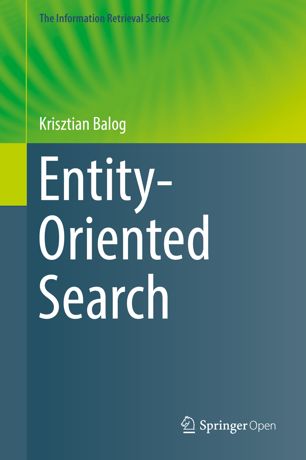The University of Stavanger invites applications for a fully funded PhD position.
Knowledge graphs, organizing structured information about entities, and their attributes and relationships, are ubiquitous today. They have become powerful assets for a broad range of search, recommendation, and mining scenarios. Examples include enabling rich knowledge panels and direct answers in search result pages, supporting data exploration and visualization, and facilitating media monitoring and reputation management. This project focuses on the usage of knowledge graphs for conversational AI, in particular, for conversational search and recommendation tasks.
The recent success of deep learning techniques in different areas of natural language processing has enabled conversational AI systems to generate human-like responses. These systems, however, still have from little to no understanding of the actual meaning of the dialog. Knowledge graphs are needed to make human-machine interactions more grounded in knowledge. Knowledge graphs may also be utilized for personalized experiences.
This project involves various tasks around knowledge graphs for conversational information access, including the development of (i) models of interaction, (ii) algorithms for personalized search and recommendation, (iii) methods for multi-modal result presentation, and (iv) evaluation methodology of resources.
The candidate is expected to have a background in information retrieval, natural language processing, or machine learning.
See this page for the application instructions. Note that you’ll need to provide a cover letter expressing your interest in this specific project.
Application deadline: January 12, 2020.
This position has been re-announced. Application deadline: April 19, 2020.
 I am pleased to announce that my Entity-Oriented Search book is now
I am pleased to announce that my Entity-Oriented Search book is now